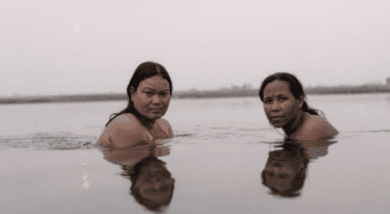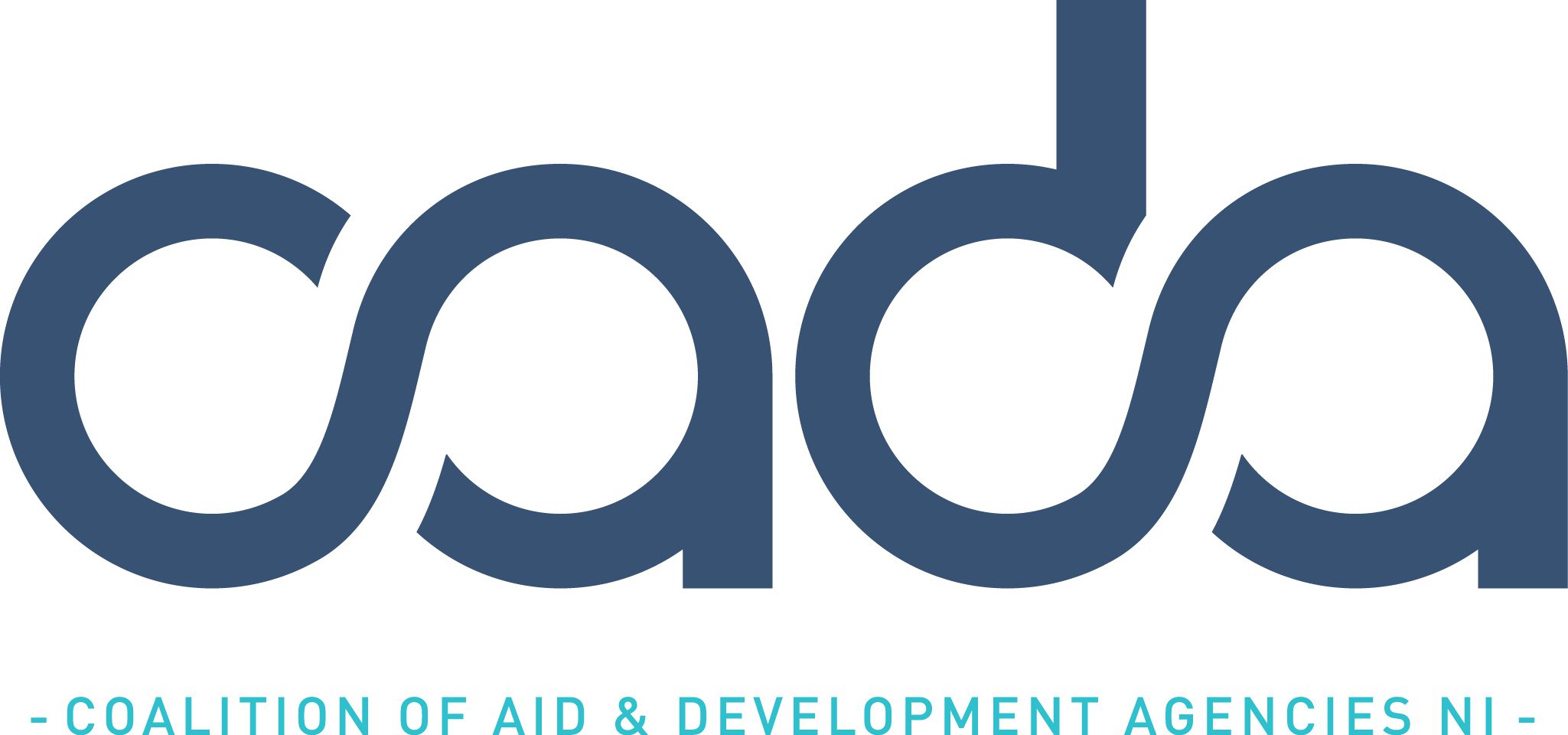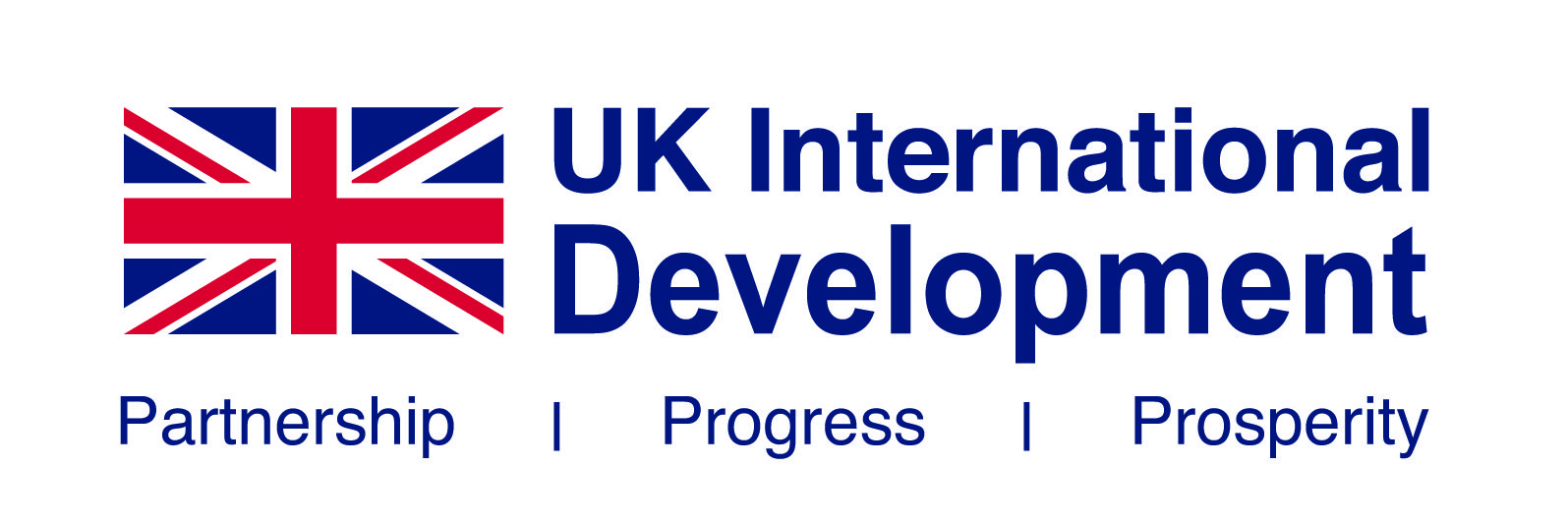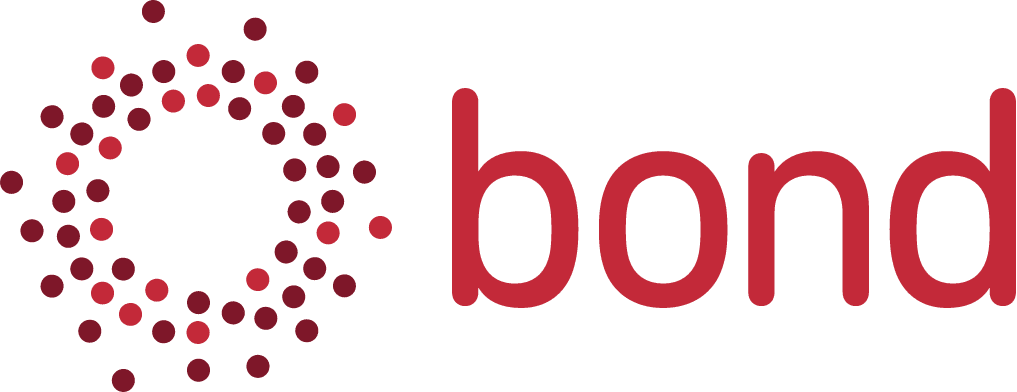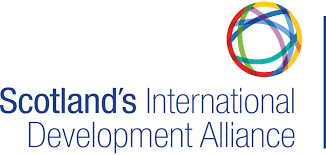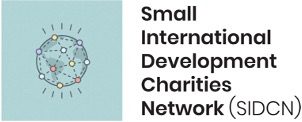11 May 2023
Addressing Racism in International Development
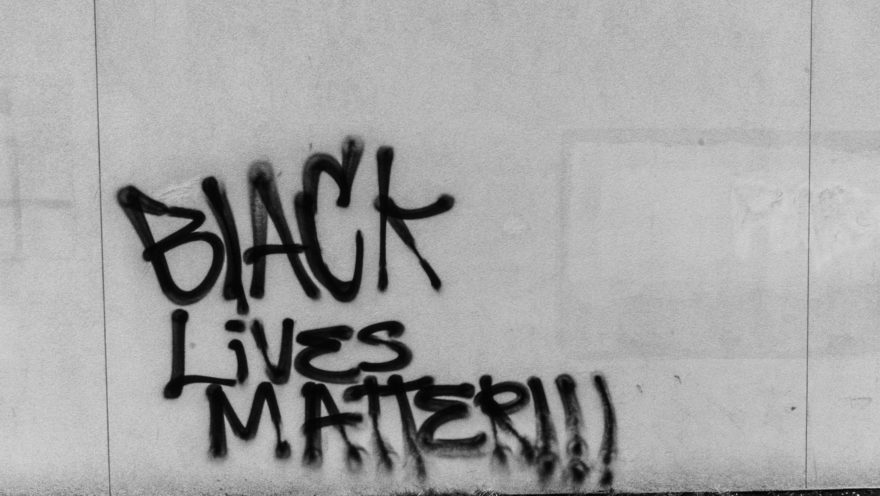
There is a growing discussion in our sector about racism and its impact on international development. At SWIDN, we want to be clear that we take a zero tolerance approach to racism. At the same time, we also want to acknowledge that dismantling racism in our sector is going to take time, and the action, resources and commitment of us all as a collective. So much of what we do, how we do it and the systems in which we operate are rooted in an enduring inequality. Recognising this and being open to reflection is a critical first step.
Our members make up the heart of our work at SWIDN, and we love engaging with individuals and organisations that participate in our events and activities. We are continuously blown away by the passion and motivation of people in the South West who commit their time and energy to working towards a just world for all. We love hearing the stories of change that our members are seeing through their work, hearing about their partner organisations, the incredible work they are doing and the ways our members are learning from them in all they do. We are regularly inspired by conversations and spaces that build solidarity and action towards working for a better world, for all.
Sadly, it’s not always rosy. Occasionally, we come across a negative attitude towards a partner organisation in a lower income country; a moan about culture or ways of working; a derogatory frustration directed at individuals, communities and systems in the countries in which many of us work.
We want to be clear – such comments have racist overtones and there is no space for this at SWIDN.
If SWIDN staff, trainers or trustees witness views they perceive to be racist in SWIDN spaces, we will take action. We want to foster growth and learning, so we will invite those responsible to reflect on their attitude in a private space. If their perspective persists and they fail to back down or reflect, we will remove them from our training courses, working groups and networking opportunities without hesitation. If you would like further information, we have put together these Guidelines to support our online spaces to be safer. We will send a gentle reminder of these before our online events start.
If you are a person of colour who experiences racism in a SWIDN space, we respectfully ask that it is reported. We are mindful that this is emotional labour and requires action and effort, and we want to make this process as accessible as possible. We have a form that can be completed either anonymously or with an email address here. Our Trustee responsible for Safeguarding is Frances Hill and our staff member is Hannah Doornbos. Any member of our staff or board would welcome a direct email, and you can find their details here.
If we receive a complaint about racism experienced in a SWIDN space, we will investigate in line with our policies and take appropriate action. This may include immediate removal from training courses, working groups or networking events. Our Whistleblowing Policy can be found here and our Safeguarding Policy can be found here.
Engaging in work towards antiracism is critical for our sector. It is important that we remain open and proactively engaged in mainstreaming antiracist principles in our policies and practice. If you are not already engaged in a process of learning and self-reflection about racism, we invite you to start by exploring this list of resources we have put together. You may also wish to join our Good Development Working Group that meets quarterly and is open to all members. It is an important learning space that unpacks the discourse of racism in international development.
SWIDN are on this learning journey too. We know it will take time and we want to support our members as much as we are able. We also welcome your input in expanding our list of resources and in hearing your feedback about your experiences in SWIDN spaces so that we can improve these. Please get in touch to share resources or to understand more about SWIDN’s approach and policies.
Image courtesy of Simon Daoudi via Unsplash.
Originally posted 15th February 2022


